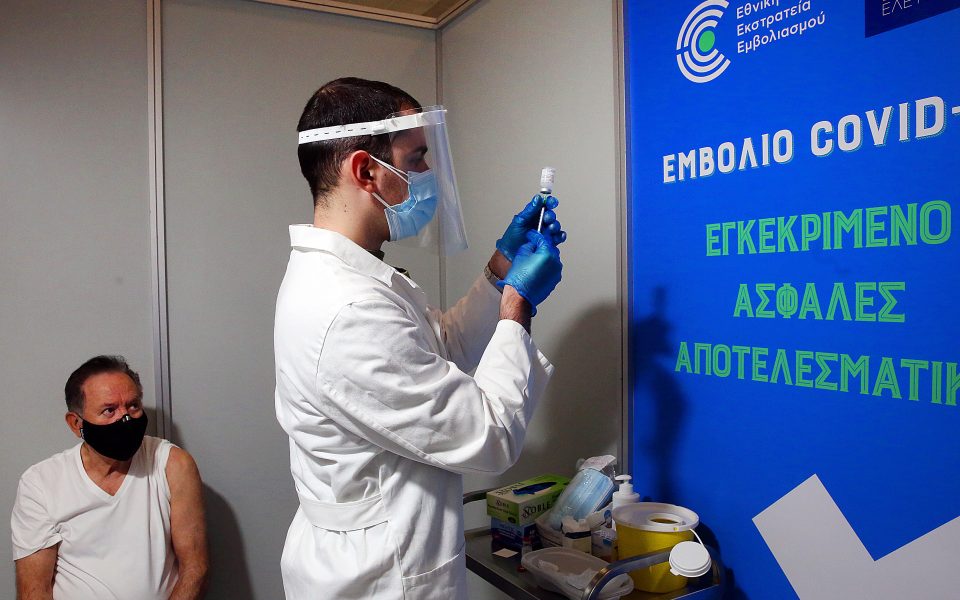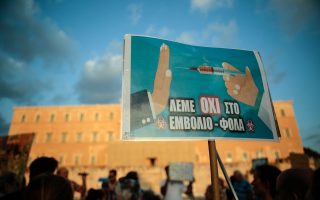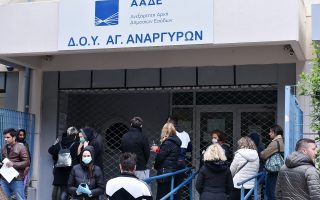Two countries in one

Two worlds joined and yet they are light years away from each other.
One world is a model of proper functioning: the state’s vaccination program. It is a mechanism that, if there were enough vaccines in the country, could conduct 100,000 inoculations per day, instead of the current average of 35,000.
Those who have received it have only good things to say about the politeness and efficiency with which they were given the jab. The program is working extremely well not only in comparison with the general level of government services but also with the services of other developed countries.
Here, the state is rushing to serve citizens instead of citizens scrambling to find the appropriate state services. It is a system that the United States tried but could not set up, despite spending 47 million dollars on it. Also, in our country, the vaccination certificate is issued automatically, without citizens having to ask another office to issue it, as is the case in Britain, where they hand out handwritten copies.
How did this “miracle” come about? The fact that the system works in a practical spirit (people are looking for solutions instead of complaining that the problem is supposedly unsolvable), tirelessly, with ingenuity that many private companies would envy and with a sense of responsibility. Those in charge have the absolute ownership of the program’s mission, the work is their own, and they will get things done.
I single out the team of seconded PricewaterhouseCoopers executives who are doing an excellent job, the Health Ministry’s General Secretary for Primary Healthcare Marios Themistokleous, who quietly and tirelessly manages the whole system, Brigadier Aristos Perris of the Supply and Transport Corps, who intelligently and efficiently manages the logistics, the original work done by Digital Governance Minister Kyriakos Pierrakakis and his team and which continues to be done by his General Secretary of Information Systems Dimitris Anagnostopoulos. All together, they are no more than 40 individuals who lead this effort. They deserve congratulations.
The other world is an example to be avoided. It was the state’s management of the recent blizzard that struck the wider region of Athens. Of course, the amount of snowfall was extreme and the poor condition of the power distribution network is the result of decades of neglect and indifference on the part of successive Public Power Corporation (PPC) administrations (that is why transmission and distribution networks start forest fires in summer and collapse in winter), but that is not what I am talking about.
I am referring to the absence of responsible action in a time of crisis: 1) The abject lack of preparation; 2) The unacceptable actions during the crisis: The management of PPC was hiding and chose to refer the media to its subsidiary, the state power distribution network DEDDIE; the competent deputy minister of civil protection, who, although he had the sole responsibility for the coordination of all bodies and forces, chose to disappear, in contrast to the energy minister, who was present; and 3) For the carelessness that followed the bad weather: Is there anyone responsible, today, for pruning branches or cutting down trees that threaten the power network? No. What’s done is done, until the next bad weather front.
These are two countries in one. One is run by civil service officials. The other is part of the spoils system.





